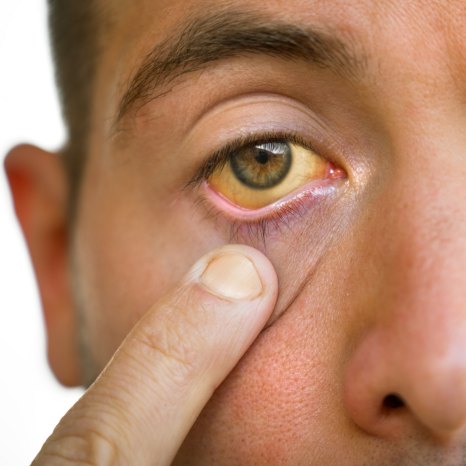How to identify pancreatic cancer symptoms
pancreatic cancer is difficult to detect in its early stages because it rarely causes noticeable symptoms. However, as the cancer progresses, some common signs and symptoms may emerge.
How to identify pancreatic cancer symptoms
Pancreatic cancer is difficult to detect in its early stages because it rarely causes noticeable symptoms. However, as the cancer progresses, some common signs and symptoms may emerge.
What is pancreatic cancer?
Pancreatic cancer is a form of cancer that develops in the pancreas—a gland located behind the stomach in the abdomen. The pancreas aids digestion by producing enzymes that assist in the breakdown of food, and hormones that regulate blood sugar levels.
Pancreatic cancer develops when cells in the pancreas begin to grow and divide uncontrollably, leading to the development of a tumour. Cancer cells can even invade nearby tissues and organs and spread to other parts of the body over time.

What is pancreatic cancer?
Pancreatic cancer is a form of cancer that develops in the pancreas—a gland located behind the stomach in the abdomen. The pancreas aids digestion by producing enzymes that assist in the breakdown of food, and hormones that regulate blood sugar levels.
Pancreatic cancer develops when cells in the pancreas begin to grow and divide uncontrollably, leading to the development of a tumour. Cancer cells can even invade nearby tissues and organs and spread to other parts of the body over time.

Common pancreatic cancer symptoms
Pancreatic cancer may not cause any symptoms in its early stages, but as the disease progresses, some common symptoms may appear. These include:
What causes pancreatic cancer?
The use of tobacco, diabetes, chronic pancreatitis (pancreatic inflammation), a family history of pancreatic cancer, and certain genetic syndromes are all known risk factors. Carrying excess weight that’s harmful to your health may also be a factor.
Get prompt medical attention if you experience any unexplained symptoms that worry you. Many other conditions can cause these symptoms, so you may be checked for such conditions as well as pancreatic cancer.


Prevention and treatment
There is no sure way to prevent pancreatic cancer. Some risk factors such as age, gender, race, and family history can’t be controlled, but there are things you can do that might lower your risk, such as maintaining a healthy weight, reducing alcohol consumption, and avoiding tobacco intake.
Treatment options for pancreatic cancer may include surgery, chemotherapy, radiation therapy, and targeted therapy. The type of treatment used depends on the stage of cancer and other individual factors, such as overall health.
At Sydney Gut Clinic, our team of highly experienced gastrointestinal specialists can help you with pancreatic cancer symptoms. Schedule an appointment with us today.
Prevention and treatment
There is no sure way to prevent pancreatic cancer. Some risk factors such as age, gender, race, and family history can’t be controlled, but there are things you can do that might lower your risk, such as maintaining a healthy weight, reducing alcohol consumption, and avoiding tobacco intake.
Treatment options for pancreatic cancer may include surgery, chemotherapy, radiation therapy, and targeted therapy. The type of treatment used depends on the stage of cancer and other individual factors, such as overall health.
At Sydney Gut Clinic, our team of highly experienced gastrointestinal specialists can help you with pancreatic cancer symptoms. Schedule an appointment with us today.



FAQ
What should someone do if they are diagnosed with pancreatic cancer or suspect they may have it?
A specialist oncologist should be consulted if someone has been told they have pancreatic cancer or has reason to believe they do in order to go over treatment options and create a unique care plan.
When should someone seek medical attention if they suspect pancreatic cancer?
A medical practitioner should be consulted right away for a comprehensive evaluation if any of the aforementioned symptoms last for longer than a few weeks, especially in people who have risk factors.
Are there any particular risk factors that raise the chance of getting pancreatic cancer?
A family history of pancreatic cancer, smoking, being overweight, and having chronic pancreatitis are a few risk factors that can raise the likelihood of acquiring the disea
Speak with our team today to improve your gut health





